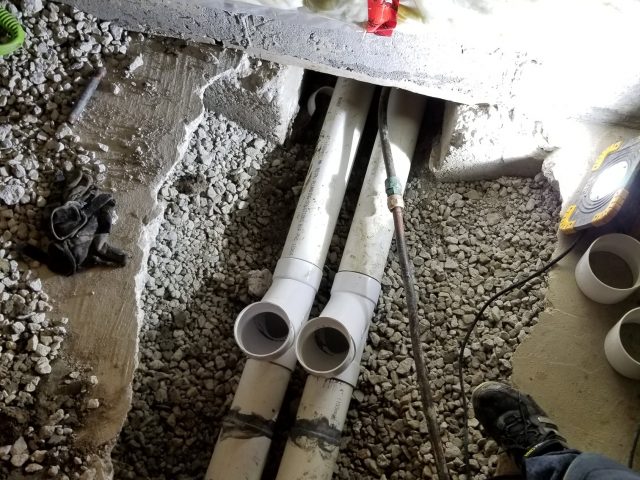Smart Home Devices for Parents
In the rapidly evolving landscape of smart technology, smart home devices have revolutionized the way families manage their households. For parents, these devices offer not only convenience but also peace of mind when it comes to ensuring the safety and entertainment of their children. From controlling home security to enhancing educational experiences, smart home devices play a pivotal role in modern parenting.
Enhancing Safety Through Smart Technology
One of the foremost concerns for parents is the safety of their children, both inside and outside the home. Smart Home Solution devices provide robust solutions to address these concerns:
1. Smart Security Systems: Smart security systems encompass cameras, motion detectors, and doorbell cameras that allow parents to monitor their homes remotely. These devices provide real-time alerts and video feeds, enabling parents to check in on their kids or receive notifications when someone approaches the door. Brands like Ring and Nest offer comprehensive security solutions that integrate seamlessly with smartphones, providing peace of mind even when parents are away.
2. Smart Locks: Smart locks offer keyless entry and remote locking capabilities, allowing parents to control access to their homes from anywhere. This ensures that children can enter safely after school or activities without the need for keys that can be lost or stolen. Parents can also grant temporary access to trusted individuals, such as neighbors or caregivers, via smartphone apps.
3. GPS Trackers: For outdoor safety, GPS trackers designed for children can be worn as wearable devices or integrated into backpacks. These trackers provide real-time location updates and geo-fencing alerts, allowing parents to know their child’s whereabouts at all times. Devices like Jiobit and AngelSense are popular choices that offer reliable tracking functionalities.
Educational and Entertainment Benefits
Beyond safety, smart home devices offer numerous opportunities to enrich children’s learning experiences and provide entertainment:
1. Educational Tools: Smart speakers like Amazon Echo and Google Home serve as interactive educational tools, offering access to a vast array of educational content and resources. Parents can use these devices to help children with homework, play educational games, or even learn new languages through interactive lessons.
2. Smart TVs and Media Controls: Smart TVs equipped with parental controls allow parents to monitor and restrict the content their children can access. Platforms like Apple TV and Roku offer parental guidance settings that filter content based on age ratings, ensuring that kids are exposed only to appropriate material. Additionally, voice-controlled remotes make it easier for young children to navigate and enjoy their favorite shows safely.
3. Chore and Schedule Management: Smart home hubs such as Samsung SmartThings or Hubitat Elevation help parents organize household chores and schedules more efficiently. These devices can automate reminders for tasks like homework completion, bedtime routines, or even alerting children to upcoming extracurricular activities. By integrating with calendars and task lists, parents can maintain structure and consistency in their children’s daily routines.

Addressing Privacy and Safety Concerns
While the benefits of smart home devices for parents are significant, it’s essential to address potential privacy and safety concerns:
1. Data Security Measures: Parents should prioritize devices with robust data encryption and secure login protocols to protect against unauthorized access. It’s crucial to regularly update device firmware and monitor for any suspicious activity that may compromise privacy.
2. Setting Boundaries: Establishing clear guidelines with children about the appropriate use of smart devices helps mitigate potential risks. Parents can educate children about online safety, including the importance of not sharing personal information or engaging with strangers online.
3. Monitoring Usage: Utilizing parental control features on devices and apps allows parents to monitor usage patterns and set limits on screen time. This helps promote a healthy balance between technology use and other activities, such as outdoor play and family time.
Conclusion
Smart home devices have undoubtedly transformed the way parents approach safety, education, and entertainment for their children. By leveraging these technologies, parents can create a secure and enriching environment that fosters learning and creativity while ensuring their children’s well-being. However, it’s crucial to remain vigilant about privacy concerns and establish clear boundaries to maximize the benefits of smart technology. With careful integration and thoughtful management, smart home devices can truly empower parents in their journey of raising safe, happy, and engaged children in the digital age.




